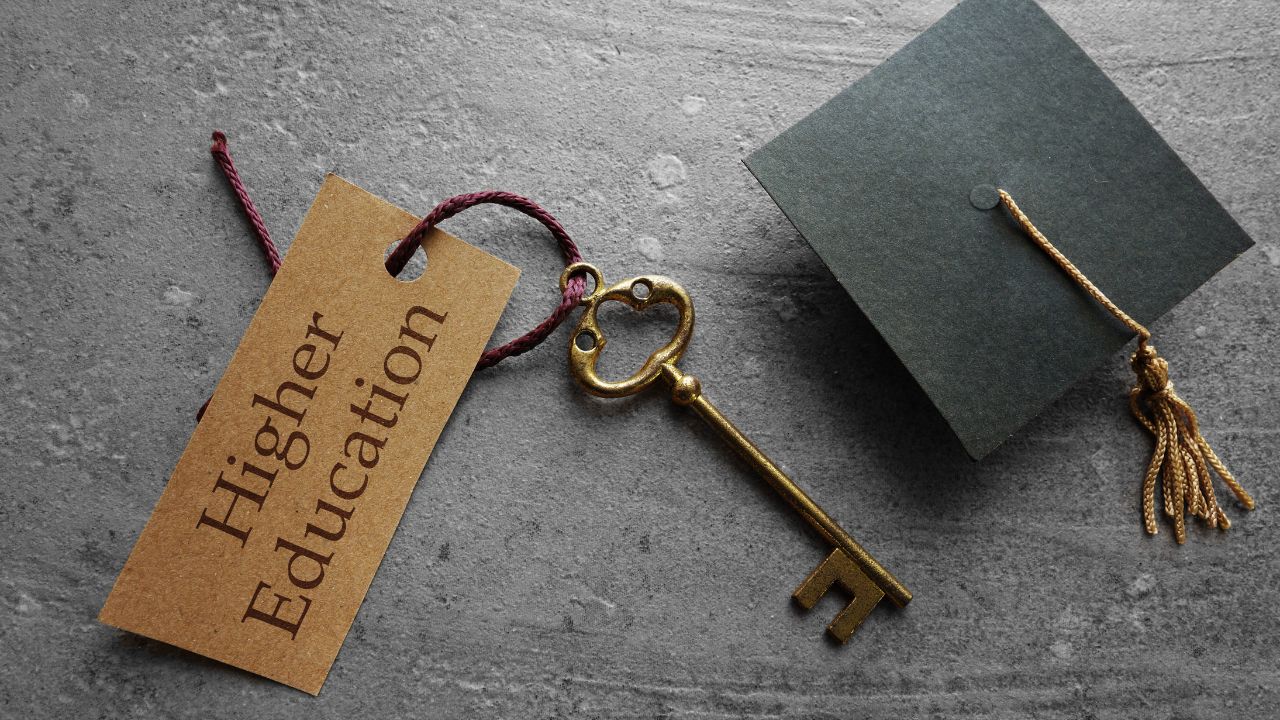The Ministry of Education (MoE) revealed that the enrolment of Muslim students in higher education institutions witnessed a significant rise during the period 2016-2021, according to Union Minister of State for Education, Subhas Sarkar. The number of teachers from the Muslim community also saw substantial growth during the same period.
According to the data presented by the minister in response to a written question in the Rajya Sabha, the enrolment of Muslim students in higher education institutions increased to 19.22 lakh in the academic year 2020-21, up from 17.39 lakh in 2016-17. This marks a notable rise of 1.83 lakh Muslim students pursuing higher education over the five-year span.
Additionally, the number of teachers from the Muslim community in higher education institutions showed significant progress, with the count reaching 86,314 in the academic year 2020-21, as compared to 67,215 in 2016-17.
These figures were drawn from the All India Survey on Higher Education (AISHE) for the year 2020-21. The survey is a comprehensive annual exercise undertaken by the government to gather data on the state of higher education in India.
In light of these developments, Union Minister Subhas Sarkar highlighted that the government has been actively encouraging minority students through various initiatives. To foster educational empowerment among students from six notified minority communities – Buddhist, Christian, Jain, Muslim, Sikh, and Zoroastrian – across the country, the Union Ministry of Minority Affairs implements three educational empowerment schemes.
The increase in enrolment of Muslim students in higher education institutions and the growth in the number of Muslim teachers can be seen as positive steps towards ensuring inclusivity and equal access to education for all sections of society.
This surge in Muslim students’ enrolment and the rise in the number of Muslim teachers demonstrate progress in the country’s efforts to provide quality education and opportunities to all its citizens. The government’s continued emphasis on empowering minority communities through various educational schemes signifies its commitment to promoting diversity and bridging the gaps in education across different social strata.
As the nation moves forward, it is hoped that such initiatives will further improve access to education and create a more inclusive and equitable learning environment for all students.












